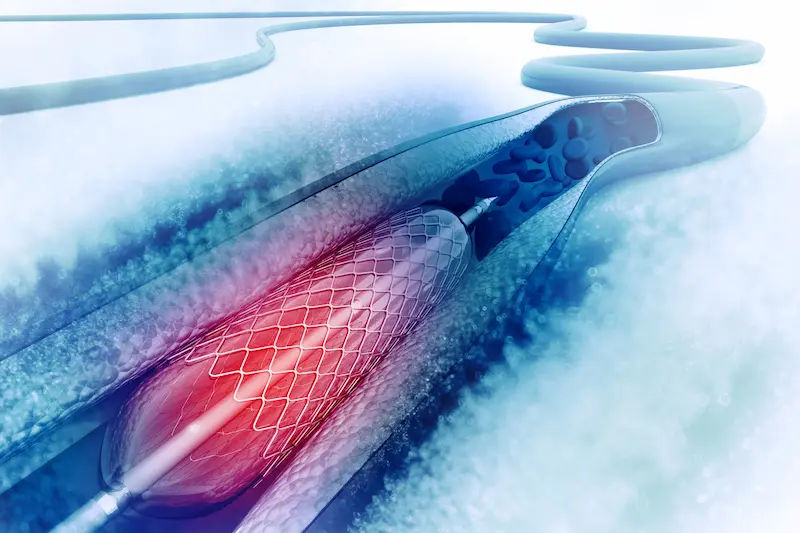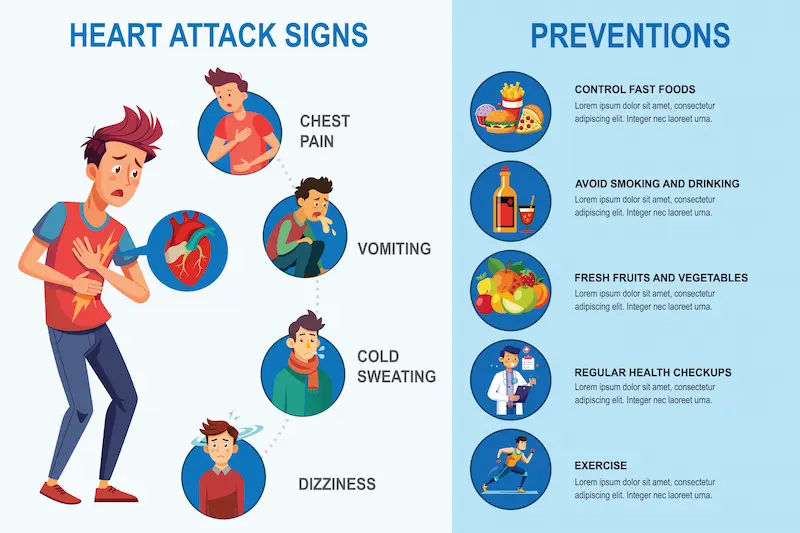- Male
- 28 Years
- 07/02/2025
I've noticed my pulse has been over 100, around 115, for the past two days. Is this something I should be worried about? What could be causing this, and how can I get back to a normal pulse rate?
Answered by 1 Apollo Doctors
A pulse rate of over 100 beats per minute is considered to be higher than normal (tachycardia). There are several possible causes for this, including stress, anxiety, dehydration, fever, anemia, thyroid issues, or certain medications. It is important to monitor your pulse rate and consult with a healthcare professional for further evaluation. In the meantime, you can try to relax, stay hydrated, and avoid stimulants like caffeine. If the high pulse rate persists or if you experience any other concerning symptoms, please seek medical advice promptly.
Dr. Dr Khaleel Suggests...
Consult a Cardiologist
Answered 04/07/2025
0
0

More Cardiology Health Queries
View allI've been feeling pretty uncomfortable lately, and it's got me worried. Breathing seems difficult at times, almost like I'm lightheaded, and after meals, I feel super tense and just off. Does this sound like something serious, or is it normal?
Budesonide 200 inhaler sos for breathing difficulty is advised to the patient.Avoid smoking and alcohol.Advised green leafy leafy vegetables ,fruits,mild aerobic exercises.etc
Answered by 1 Apollo Doctors
I'm a bit worried because I had a myocardial infarction about 4 years ago. Could having triple vessel disease lead to any complications for me? I'd really appreciate your advice on this.
no
Answered by 1 Apollo Doctors
I'm wondering about my QTc interval, which was 454ms on the EKG. Is this considered normal? I also have sinus arrhythmia and had a panic attack before but during that time, both the EKG and echocardiogram came out normal. Should I be worried about this, and is there anything specific I should do or ask my doctor?
Your QTc interval of 454ms is slightly prolonged, which may be related to your sinus arrhythmia. Since you have a history of panic attacks, it's important to monitor your QTc interval regularly. In this case, it would be advisable to avoid medications that can further prolong the QTc interval. I recommend discussing this with your healthcare provider to determine the best course of action.
Answered by 1 Apollo Doctors
Disclaimer: Answers on Apollo 247 are not intended to replace your doctor advice. Always seek help of a professional doctor in case of an medical emergency or ailment.



